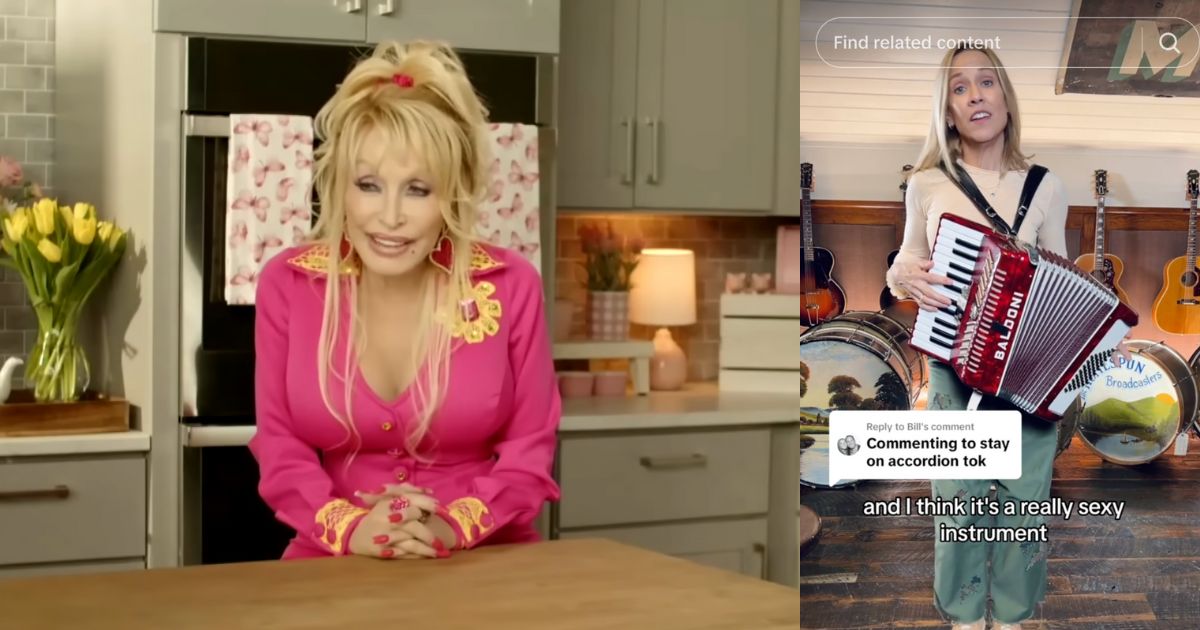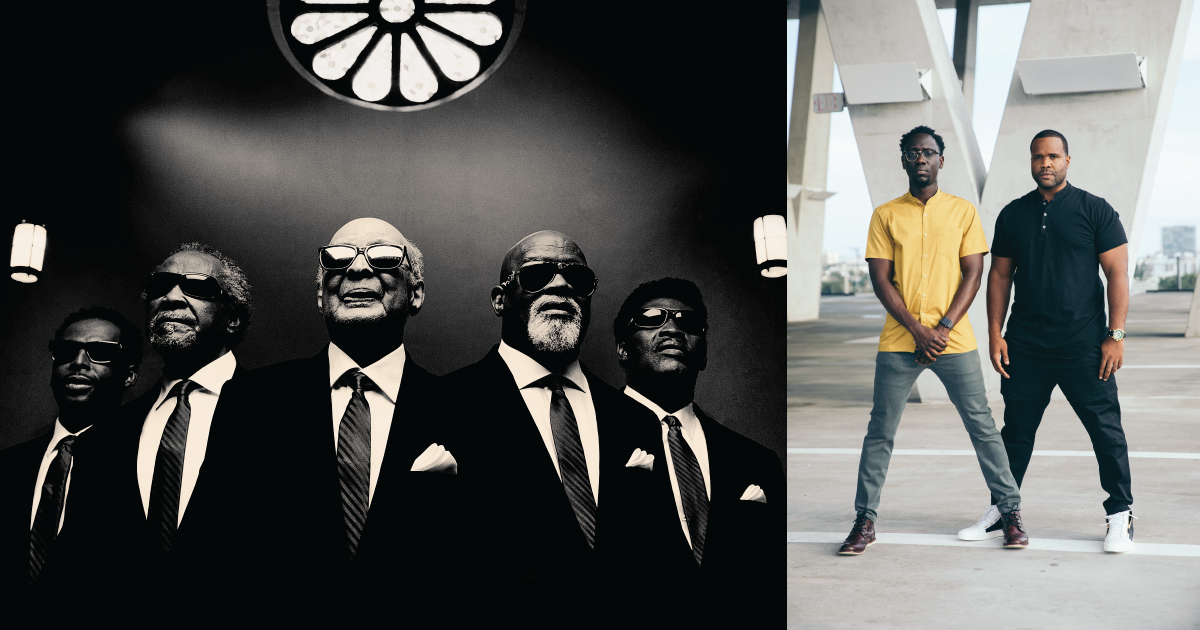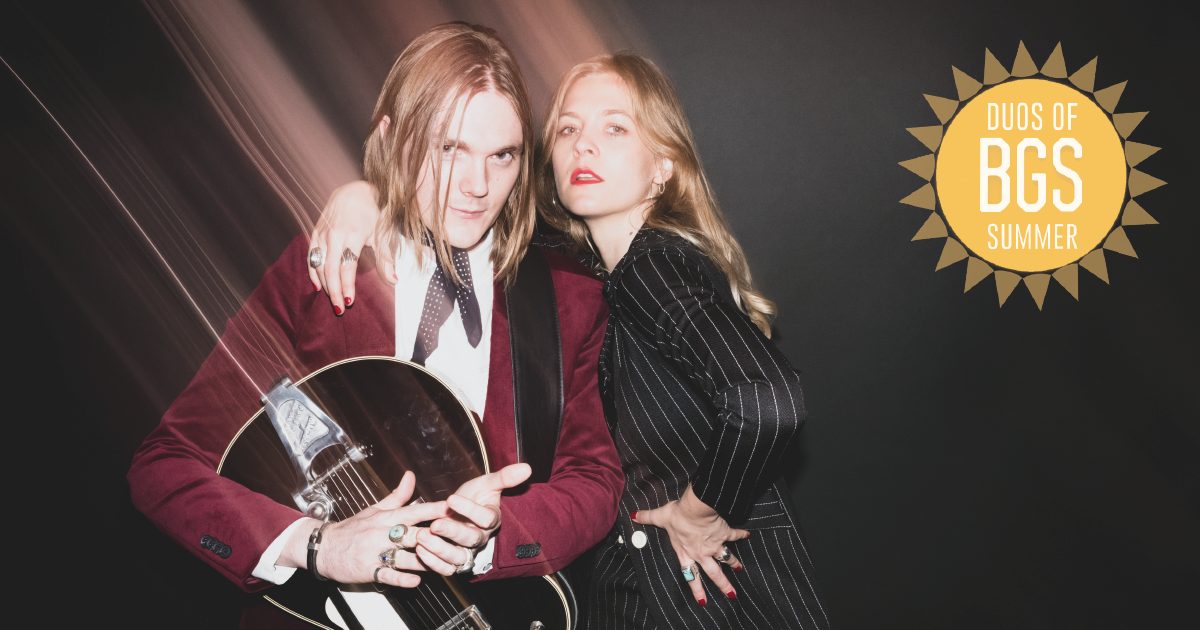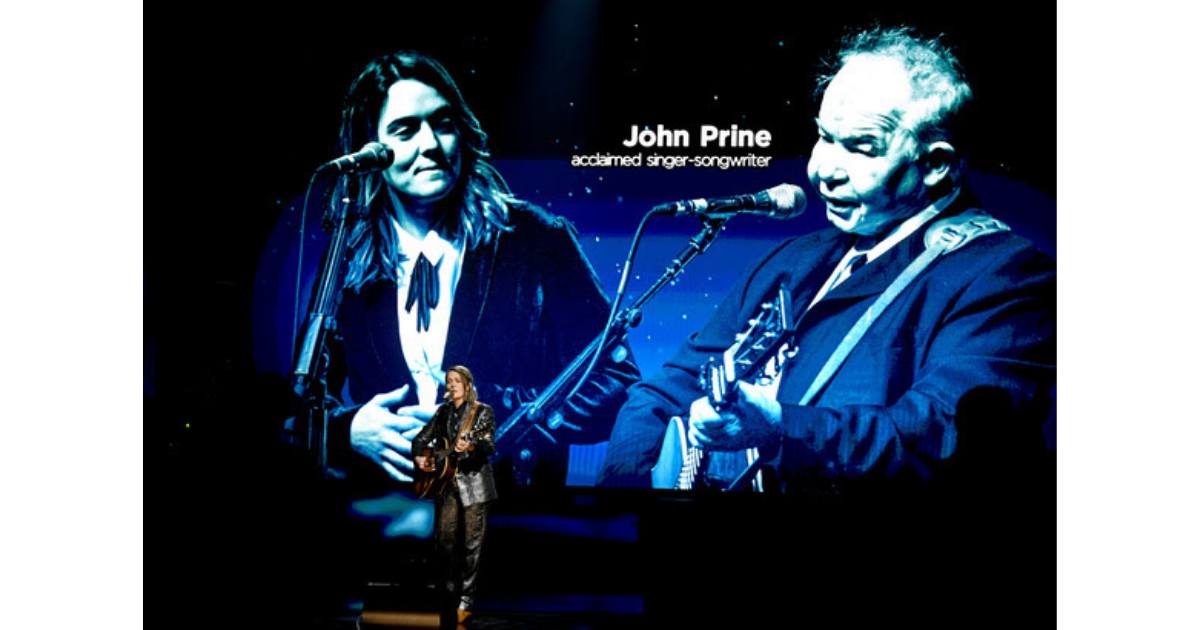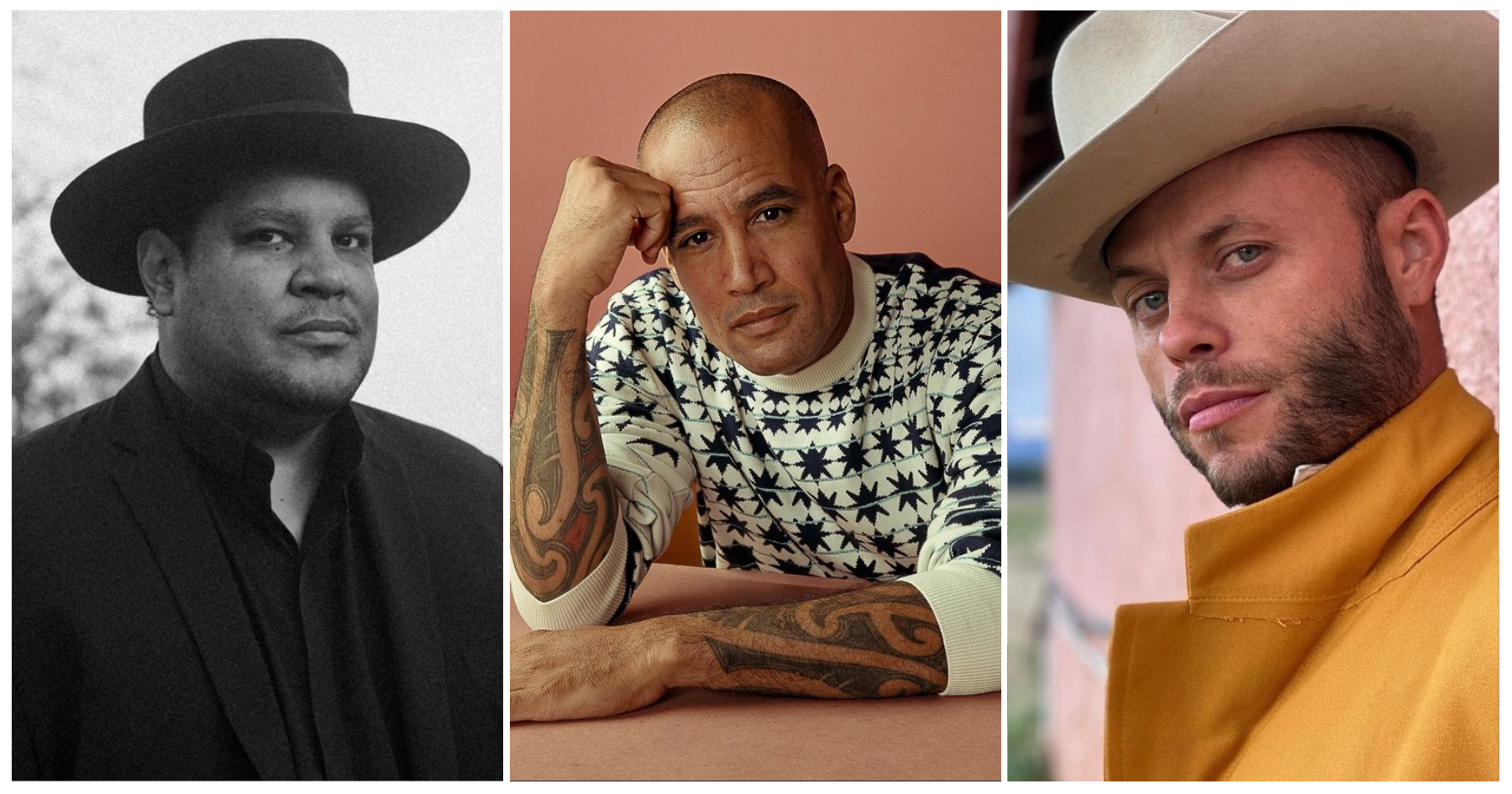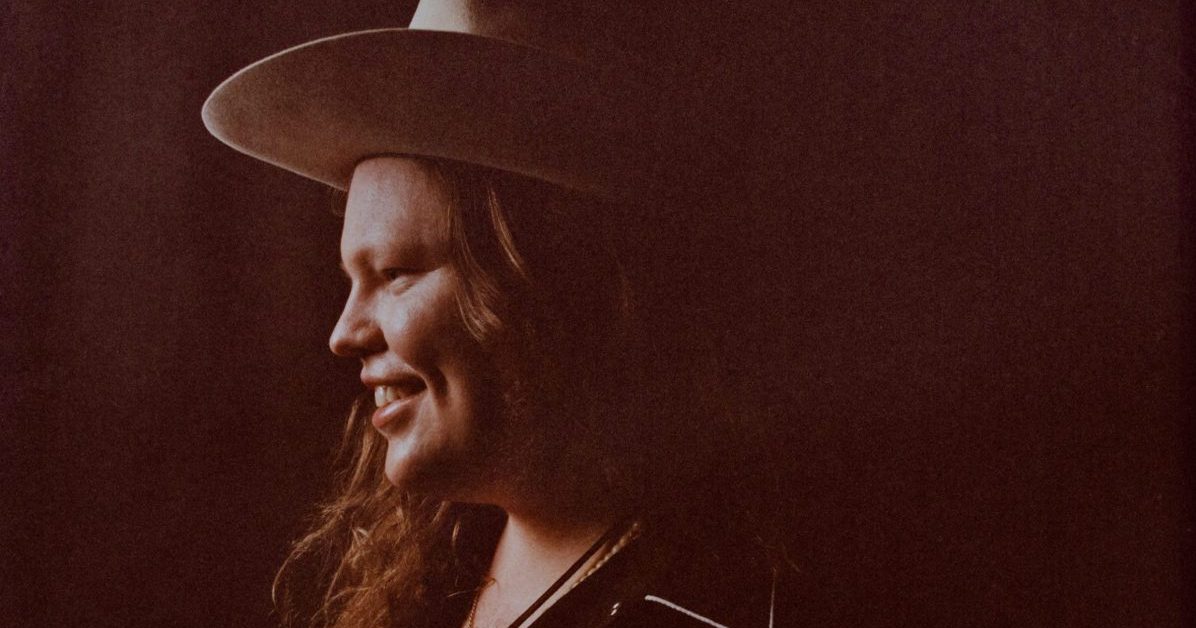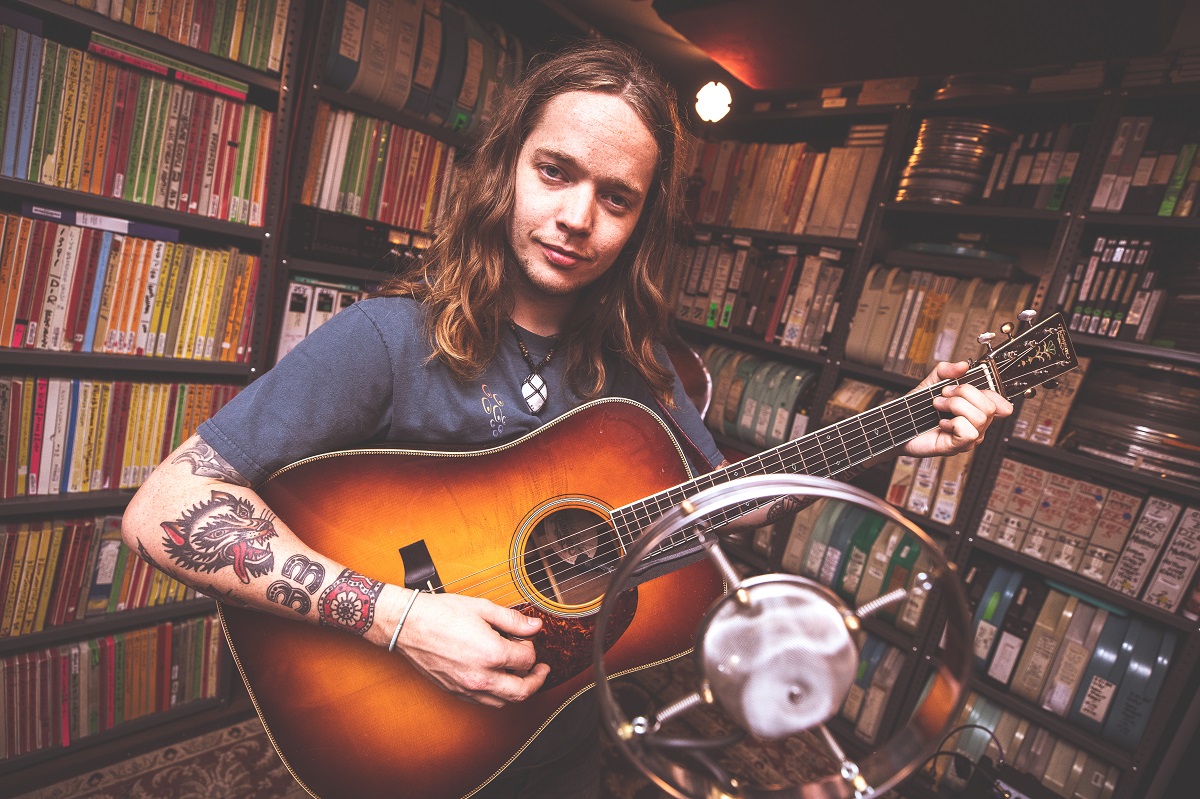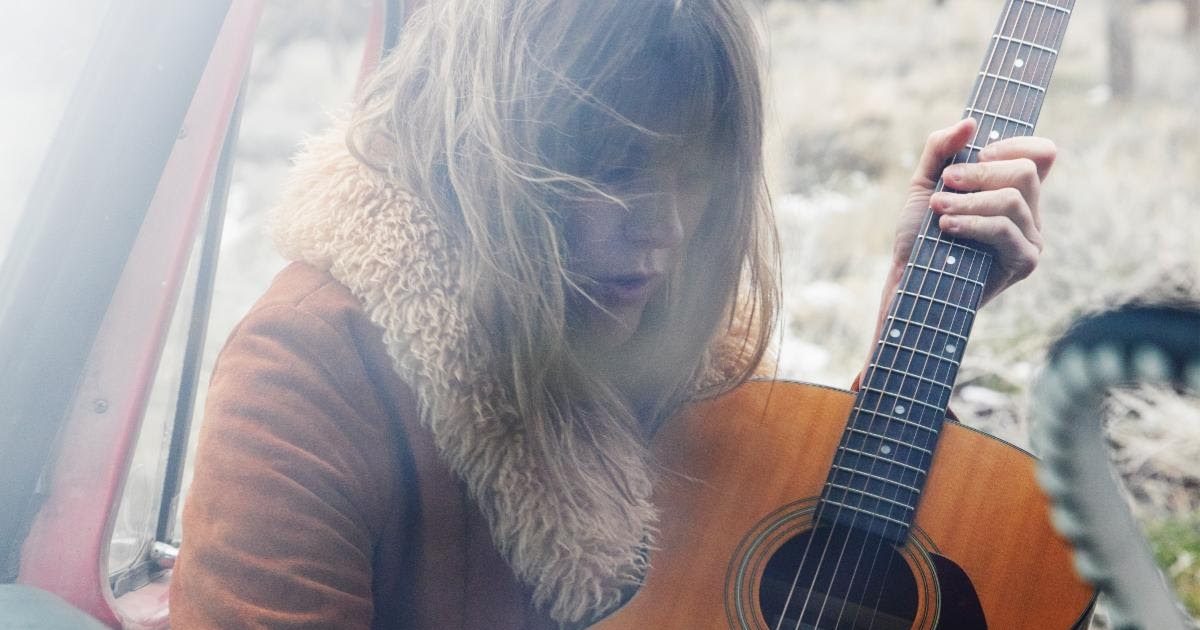Welcome to BGS Bytes! Our shiny new column has one goal: to bust – or enable – your social media scrolling habit by rounding up all the most important bluegrass and roots music related posts in one place. Give your thumbs a break — we’ll post all the hot goss and goings-on every month.
In no particular order, let’s take a look back at everything that happened in bluegrass social circles in February!
Dolly Parton Responded Gracefully to Elle King’s Grand Ole Opry Debacle
In a positive conclusion to a social media fiasco that lit up news feeds, Dolly Parton responded to Elle King’s controversial January Grand Ole Opry performance. The “Ex’s & Oh’s” singer appeared on the Opry stage January 19 as part of birthday celebration for Parton, who was turning 78. King, however, was quite inebriated and made comments that left some ticket holders and several social media commenters upset at her behavior. In February, though, Parton did an interview with E! News and encouraged everyone to show King support instead of condescension.
“Elle King is a doll,” Parton told the news outlet. “I called her, and I said, ‘You know, there are many F-words. Why don’t we use the right one? Forgiveness, friends, forget it.’ She feels worse about it than anybody. She’s going through some hard times, and I think she just had a little too much to drink and then that just hit her. So, we need to get over that, because she’s a great artist and a great person.”
If only everybody online was as gracious!
Sheryl Crow Plays Her Songs on TikTok Following UMG’s Decision to Pull Their Catalog
@sherylcrow Anyone else have a Favorite Mistake? 🙋🏼♀️ #fyp #favoritemistake #acoustic #acousticcovers
It’s probably nobody’s favorite mistake — we’re talking about Universal Music Group choosing to remove many of their most popular tunes from TikTok, which is arguably one of the most important marketing tools for musicians currently. Understandably, many artists were upset. Some began to record live performances of their music to share on the app so fans can go on recording videos with their “sounds.”
Sheryl Crow joined the crowd making their songs available in other formats, and the “Soak Up the Sun” singer recorded acoustic versions of songs like “My Favorite Mistake” and “Strong Enough.” Many of the tunes she picked are requests, including “The First Cut is the Deepest.”
After the Tennessee Legislature Refused to Acknowledge Allison Russell, Celebs Voiced Support Online
In February, Tennessee State Rep. Justin Jones proposed resolutions to the Tennessee General Assembly designed to honor both Paramore — who won a Grammy for Best Rock Album and Best Alternative Music Performance — and Allison Russell, who took home her first Grammy for Best Americana Performance. Unfortunately, Tennessee House Republicans allowed the resolution honoring Paramore to pass, but blocked the similar measure honoring Russell, who is Black and won for her song, “Eve Was Black.”
Russell took to Twitter (now known as X) to respond:
That you & @VoteGloriaJ presented this resolution is a high honour. That the TN GOP blocked it, I take as a compliment. Their bigotry, sadly, is on relentless display. We have a chance this year to make a real change in TN #loverising #rainbowcoalition #register #vote #rise✊🏾🌈
— Allison Russell (@outsidechild13) February 13, 2024
“I take as a compliment,” Russell tweeted. “Their bigotry, sadly, is on relentless display. We have a chance this year to make a real change in TN.”
The clearly prejudiced act was at least answered online by celebrity support. Brandi Carlile posted on Twitter that the TN GOP is “scared of” Russell.
Glad they’re scared of @outsidechild13 🪕❤️ They should be. https://t.co/iFRCKT91j4
— Brandi Carlile (@brandicarlile) February 15, 2024
Paramore’s Hayley Williams also responded, taking the TN GOP on in media interviews.
Holly G of Black Opry Celebrated Beyoncé’s ‘Act II’
Highlighting everyone from Frankie Staton to Rhiannon Giddens, Miko Marks to The Kentucky Gentlemen, Black Opry co-founder Holly G recently took us all back to school. Class was in session on Twitter as Holly counted down some prolific Black country artists to celebrate Beyoncé’s upcoming album, Act II: Cowboy Carter.
I think I’m gonna help you guys count down to the album by sharing a Black country artist with you all every day til it drops. Would that be alright?
— Holly G (@_love_holly_) February 12, 2024
Everyone and Their Mamas Are Line-Dancin’ on TikTok
Speaking of Beyoncé, her new single, “Texas Hold ‘Em,” is only one of many, many popular line dance tunes on TikTok right now. Whether it’s a duo gettin’ down on the pavement outside, or a group boot-stompin’ in a downtown Broadway bar, line dancing is officially cool again!
@lavbbe This aint Texas 🤠 DC: Us ( me & @jacob.fj ) 🤎
Willow Avalon Went Viral for New Single
Willow Avalon, an up-and-coming country singer-songwriter, went viral for debuting her new single, “Getting Rich Going Broke,” on TikTok. This tune also comes with a line dance — we told y’all this trend is on fire!
@willowavalon Do y’all actually want this? #countrymusic #lorettalynn #dollyparton #oldcountry
The Super Bowl Got Country-fied!
This year’s Super Bowl halftime show might’ve been dominated by Usher, but our favorite bits of the biggest sports event of the year happened before the game even began. Rapper Post Malone donned a clearly Western-inspired outfit and sang a stunning, acoustic version of “America the Beautiful.”
@postmalone America The Beautiful 🇺🇸 #SuperBowl #SBLVIII
And we’d be remiss to leave out Reba McEntire’s excellent version of “The Star Spangled Banner”!
@nfl Reba McEntire performs the Star Spangled Banner 🇺🇸 #rebamcentire #nfl #superbowl
Marcus King Celebrated Molly Tuttle’s Grammy Win With a Sharp Cover on TikTok
Last, but most certainly not least, alt-country singer-songwriter Marcus King gave an excellent cover performance of “Down Home Dispensary” online to celebrate Molly Tuttle‘s Grammy win. Tuttle even responded, commenting that he “crushed” the song — and we agree!
@marcusking @MollyTuttle congrats on bringing home the Grammy for best bluegrass album! Well deserved!
So, a lot happened in January, February, and the beginnings of March! We’ll continue rounding up the hottest social media conversations and goings-on for BGS readers every month — let us know on social media and tag us in a post if you think something deserves to make the list!
